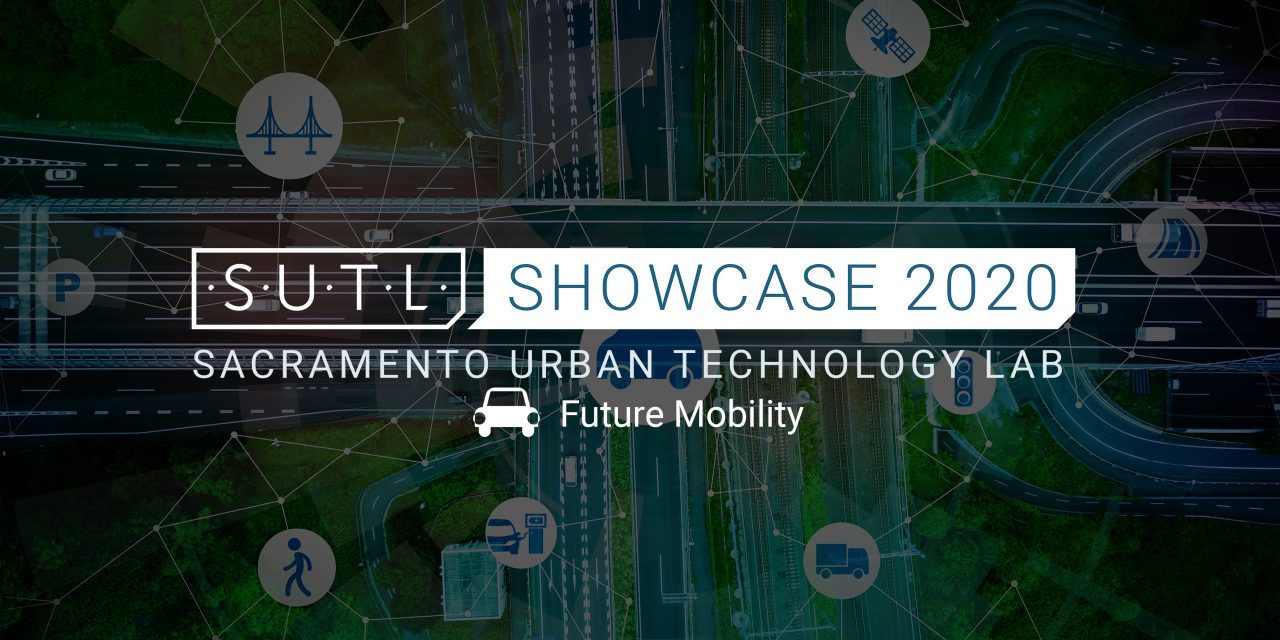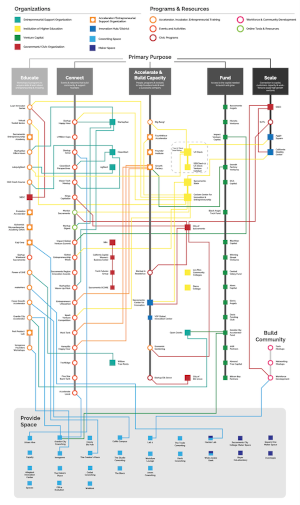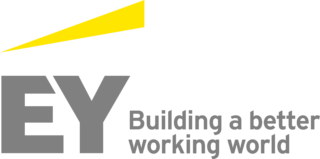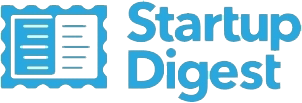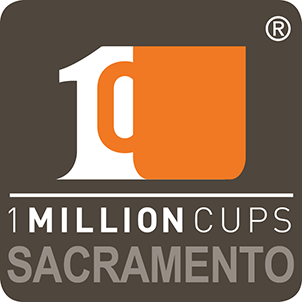How can Sacramento provide better access to mobility challenges in underserved communities? How will the California Mobility Center (CMC) transform Sacramento into a hub of innovation for mobility? Why are public-private partnerships so important to solving the region’s transportation and mobility challenges? Why are living laboratories important for mobility innovation and to future mobility startups in their commercialization journey? Over 100 people joined us virtually on October 22 to learn the answers to these questions and more.
This free half day event, featured industry experts and innovators in future mobility who came together online to explore the local future mobility landscape, through a keynote address, panel discussions, and presentations from startups innovating in mobility.
We recorded the whole program and created separate videos of each of the main segments of the program. If you missed a segment of the program or want to re-watch any of the discussions, you can check them out there.
Panel Discussion: Equity and Access
The online event kicked off with a panel discussion on mobility access and equity, focusing on mobility in underserved communities and what the region should consider to improve equity in mobility. Moderated by Mariah Lichtenstern and featuring Simeon Gant, Jose Bodipo-Memba, Alana Mathews, and Raef Porter, the panel discussed a broad range of equity and access mobility issues including:
- California Energy Commission’s SB 350 Barriers Study that looked at barriers to clean energy opportunities in underserved communities
- Systemic factors such as redlining and the role they play in access to mobility
- How programs such as Green Tech have empowered youth and young adults to pursue careers advancing access and equity in underserved communities
- The role that utilities like SMUD play in addressing access and equity when it comes to future mobility
- An exploration of SMUD’s Sustainable Communities Resource Priorities map that takes data about underserved communities to identify specific neighborhoods that are most impacted
- The gaps between where we are now, and what we need to achieve equity in mobility
- Mistakes can we learn from and an exploration of a preferred vision of the future
Check out the video of this panel discussion.
Keynote Address: California Mobility Center
In the keynote address, Arlen Orchard, Chairman of the Board for the California Mobility Center, and outgoing CEO of SMUD shared detailed plans of the California Mobility Center (CMC). His address included details of:
- The goals and focus of the CMC
- The origins of the CMC
- Why the time is right for the CMC
- Why Sacrament is poised to lead in future mobility
- How the CMC is structured
- How CMC clients and industry members in the region will benefit the work being done at the CMC
Watch the video of Arlen’s keynote address.
Discussion: Public / Private Partnerships
Next on the agenda, Monica Hernandez, Director of Innovation and Partnerships, Sacramento Area Council of Governments (SACOG) and Neal Best, Director of Business Development & Strategic Partnerships, CMC, participated in a fireside chat style conversation on how the private sector can get involved to solve public sector problems. SACOG has collected a wealth of information about the mobility and transportation challenges in the region. This engaging conversation between SACOG and CMC explored how the private sector can engage to solve these problems. Topics included:
- How CMC can turbocharge the work being done by SACOG
- How SACOG’s Civic Lab has helped identify regional transportation pain points
- Putting the call out to the private sector to solve problems that have been identified
- How the CMC can be a conduit between the public and private sectors
- The importance of public-private partnerships
- An exploration of a mobility innovation testbed in Aachen Germany
- Co-creating solutions and testing them in the market
Panel Discussion: Sacramento as a Living Laboratory
In establishing SUTL, the City of Sacramento envisions the city as a living laboratory to test not only new and innovative products but also policies and business plans. Moderated by Mark Rawson and featuring Marc Dörfer, Mollie Cohen D’agostino, Jaime Lemus, Garrett Brinker, the panel discussion explored the future mobility technologies that companies are testing here, how companies are leveraging the living laboratory, and more.
- What living laboratories are and why they are so critical for mobility innovation and to future mobility startups in their commercialization journey
- What kind of ecosystem components are needed to have a successful living laboratory and how to create the right environment for one
- How policy can be an enabler of commercialization of technology
- The value that living laboratories provide startups—from a startup’s perspective
Innovator Presentations
The end of the program featured nine companies presenting their innovative mobility solutions. Check out the presenting companies below and watch their presentations in the following video.
Presenting Companies (in order of appearance).
Green Tech Net Zero Mobility Hub
In Partnership with:
Gold Level Sponsors:

